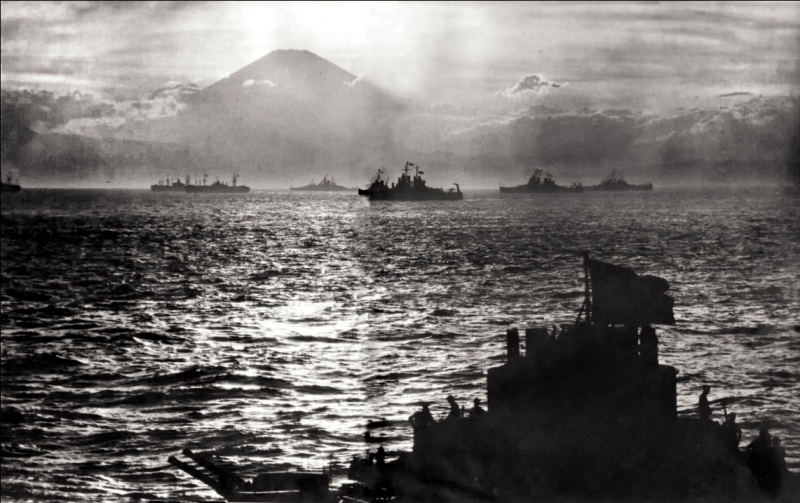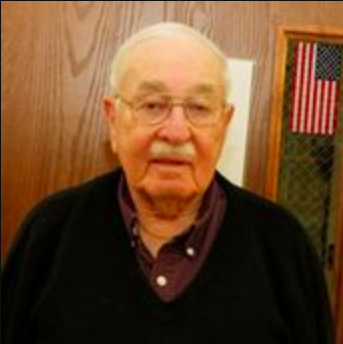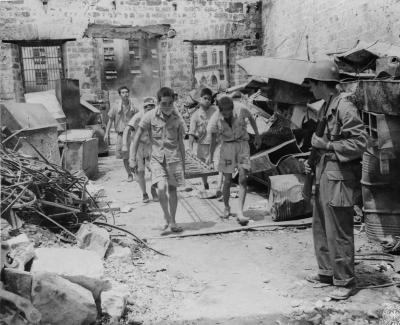Meet the World War II soldier who saw Japanese occupation
At 93 years old, longtime Dartmouth resident and World War II veteran Gerald Franklin can look back on his service during the US occupation of Japan with humor and humility.
“I came in at the end of the war,” said Franklin, who was just 18 when he joined the effort as a US Army soldier on February 6, 1945.
“I wanted to join when I was 17, but my parents wouldn’t sign for me,” he said with a laugh. “We all wanted to get into the fight. We’d been attacked at Pearl Harbor and the Nazis were killing Jews left and right.”
Franklin, who is Jewish, said that he signed up to kill Germans. “We wanted to get back at them,” he explained matter-of-factly.
He had put off graduating high school in order to work in a wartime factory, where he made mortar shell fuses.
“The funny thing is, I actually fired some of the shells I'd made the fuses for,” Franklin remembered. “I looked at the numbers!”
Although he never saw combat, the nonagenarian and Fitchburg native spent about 22 months serving, first in the Philippines and then around Japan.
After training in California — where he and his friends snuck out at night to do the ropes courses again because “it was so much fun,” he said — he shipped out for Okinawa.
“We set sail just a couple of days I think before they dropped the atomic bomb,” he said.
The Japanese surrendered while they were en route, so Franklin ended up being sent to the Philippines instead — where he helped local troops get rid of Japanese occupiers with “mopping up activities” for a few patrols.
“They weren’t taking any prisoners,” he said of the Philippine soldiers. “I don’t blame them — they suffered terribly.”
Most of his service was spent in Japan operating switchboards and working as a lineman during the postwar occupation.
“Japan was very interesting,” Franklin said. “Many Americans who went through a lot hated [the Japanese.] I couldn’t hate them.”
He noted that when he first arrived, many of the people — mostly women and children — didn’t have much food, as the American blockade was “extremely effective.”
“They were eating dog and whatever they could find when we got to Japan,” he said. “I remember on one instance, when I was on guard duty, an elderly man collapsed in front of me on the road. He hadn’t eaten in several days...I gave him whatever food I had.”
Franklin said that during the occupation there were a couple of uprisings.
Once, he remembered, when he was on guard duty, “Somebody took a shot at me, and I shot back. And I think I hit someone, because it was silent afterwards.”
After another instance in which shots were fired, he said, he later found bullet holes under his bunk.
But for the most part, Franklin said, “We never had any problems.”
He did miss his family, however.
“All I wanted to do was go home,” he said. “Like everybody else did.”















